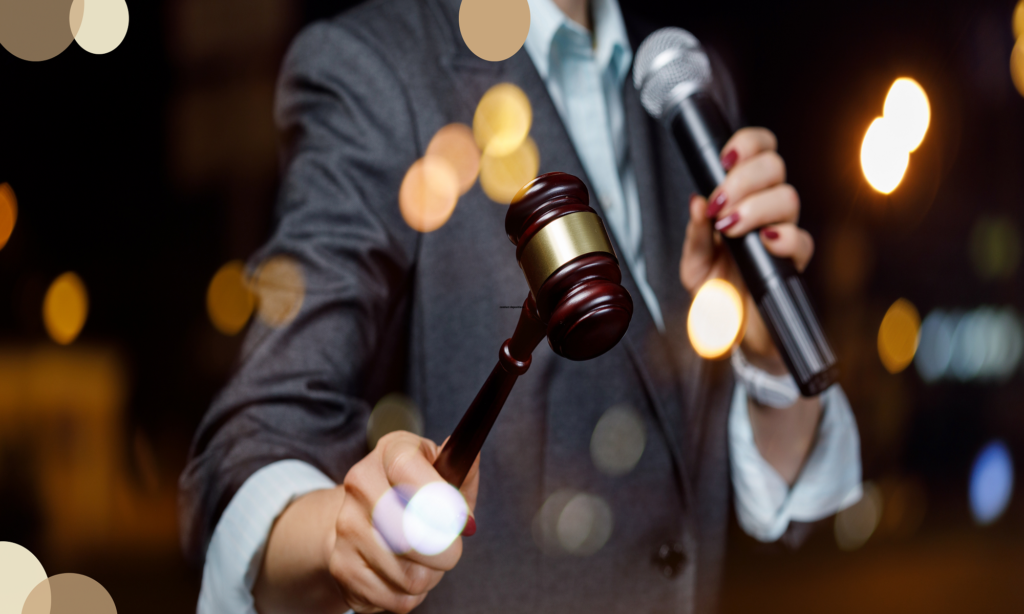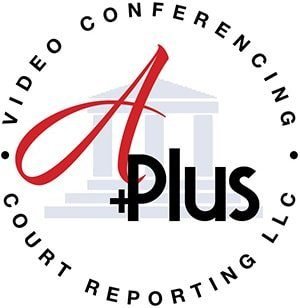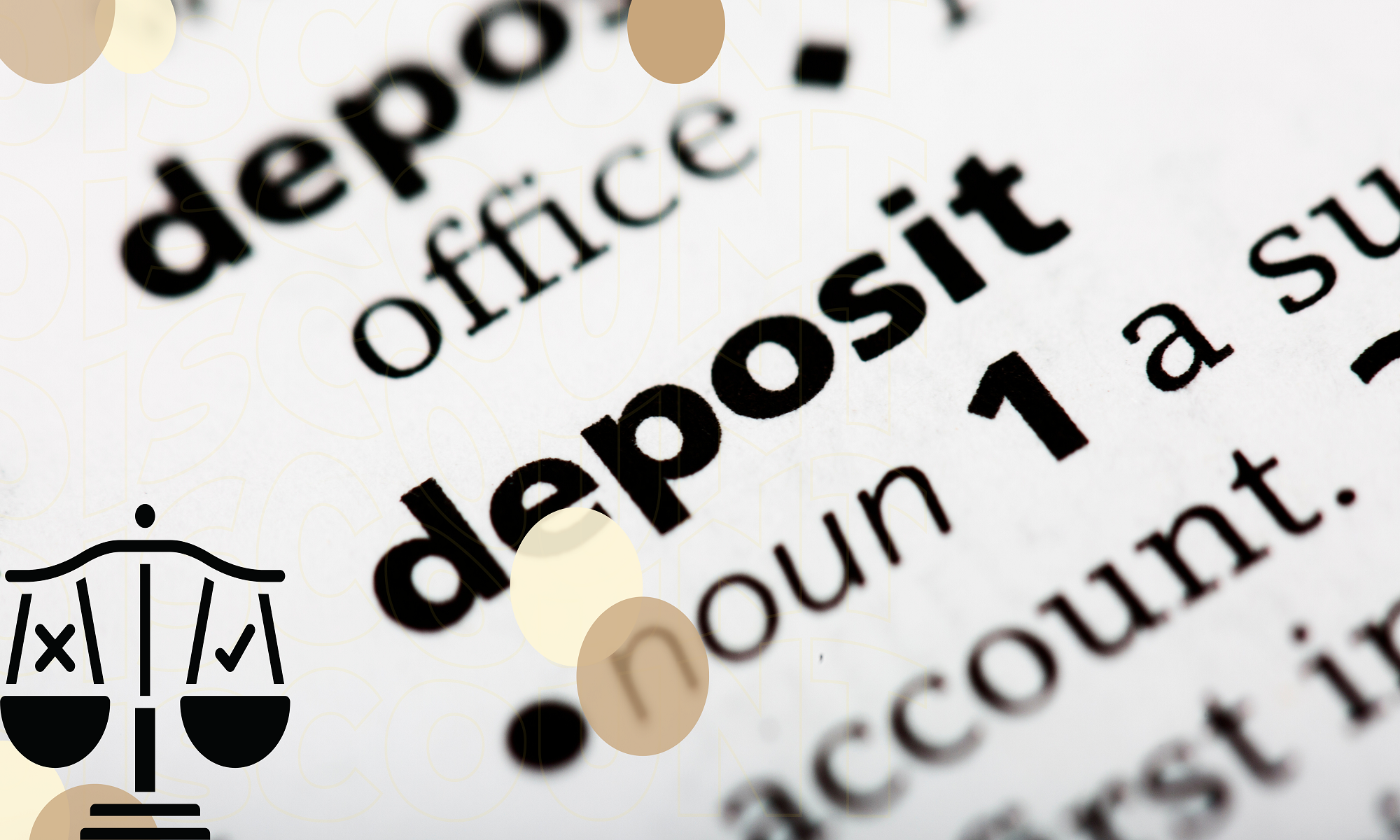Are you ready to up your deposition game? You’re in the correct place! Legal cases depend on deposition transcripts, and a good one can make all the difference. This blog post offers seven tips for writing the perfect deposition transcript that will wow clients and juries. From witness organization to technology, we can help.
Deposition Basics
Understanding the basics of deposition is crucial. As a lawyer or witness, being prepared and knowledgeable can help you get the best transcript.
Understand the objective of a deposition. Sworn testimony taken outside of court helps parties gather evidence for their case. This implies court can use whatever is mentioned in a deposition.
Make sure everyone is informed and knows their roles. Attorneys must plan timetables and logistics while the deponent knows what will happen.
Next, decide where to deposit. A comfortable, distraction-free workplace can aid in improving communication.
Beforehand, both parties should agree on any terms. Establishing these standards early prevents questioning arguments.
Keep honesty and clarity in mind during this process. Witnesses must answer truthfully while attorneys ask brief questions to gather facts.
Mastering these deposition basics can improve your chances of getting an accurate and useful transcript and ensuring smooth procedures for all parties.
Organize Witnesses
Witness organization is vital to a successful deposition. Making sure your witnesses are well-prepared and organized will boost deposition efficiency.
Early identification and gathering of potential witnesses is crucial. This lets you fully evaluate their case relevance and importance. Make sure your witnesses understand their role in the deposition and what is expected of them.
Next, give explicit testimony preparation guidelines. Encourage them to research pertinent papers or evidence before questioning to deliver correct and informed answers.
Create witness binders or folders with all witness materials to improve organization. This can contain documents, exhibits, timetables, and other evidence to support their testimony.
A defined seating arrangement will help track witnesses’ appearances during the deposition. This way, everyone knows who is speaking without confusion or interruptions.
Take logistics into account! Make all required arrangements in advance, from scheduling depositions to ensuring everyone has the right technology and equipment for communication.
By organizing your witnesses throughout the deposition procedure, you’ll make it easier and boost your chances of getting critical information for your case.

Prepare Your Questions
Question preparation is vital to a successful deposition. Here you can find important information and develop your case. To maximize this opportunity, ask strategically.
Prioritize reviewing all relevant documents and evidence before asking questions. This will guarantee you grasp the facts and can ask targeted questions that get useful responses.
Now evaluate the sequence of your queries. Start with broad, open-ended questions to provide background and understand the witness’s perspective. Follow up with extra precise inquiries that dig further into key elements to narrow your focus.
Avoid biasing or manipulating responses with leading questions. Instead, use neutral language to let witnesses tell their own stories.
Learn common deposition objections and come up with solutions to get the information without breaking the law to prepare for opposing counsel’s objections.
Be cautious of deposition time limits. Track witness time and prioritize your most critical questions. Shorter questions are frequently better at getting clear replies than long ones.
Preparing intelligent and smart questions will help you acquire critical information during depositions while keeping control.
Take Breaks
Taking breaks throughout a deposition is vital, not a luxury. It lets everyone rejuvenate and stay focused during the lengthy sessions.
Long-term sitting can be mentally and physically exhausting. Regular breaks allow you and other participants to stretch, eat, and clear their minds. This reduces weariness and boosts focus.
If feasible, leave the deposition room during breaks. Going outside for fresh air or finding a quiet location will help relieve the questioning.
Use breaks to examine notes or discuss strategy with your legal team. Taking time to regroup prepares you for the deposition.
Breaks also allow witnesses to think and reflect on prior questioning. This may help them answer more accurately when they return.
Remember that breaks are productive, not disruptive. They help keep minds clear and boost productivity during deposition.
Use Technology
Legal professionals must use technology to conduct depositions in the digital era. Many technology tools and platforms can improve the efficiency and accuracy of your deposition transcript. Use technology efficiently during a deposition with these tips.
Consider electronic exhibits instead of paper ones. Advances in document management tools make digital display organization and presentation easy. This lowers clutter and speeds up deposition searching and reference.
Use videoconferencing for depositions. This removes geographical barriers and saves travel time and money. Virtual depositions provide smooth contact between parties.
Real-time transcription software is useful too. This technology gives attorneys quick access to a preliminary copy of the deposition transcript as the court reporter transcribes it. It helps legal teams collaborate in real-time and identify areas for additional investigation.
Videography can also document the deposition process. Video recording is useful proof in case of disagreements or discrepancies.
Many smartphone apps are created for deposition note-taking. Timestamping, highlighting, and easy sharing make note-taking easier with these apps.
Legal professionals can increase workflow efficiency and retain accurate records for strong cases by using these technological advances during depositions.

Follow Up
After the deposition, your legal work continues. Keep in touch with the witnesses and evaluate their testimony. This step is critical for many reasons.
The deposition transcript reveals witness discrepancies and contradictions. By comparing their testimony to other evidence or earlier statements, you can find case weaknesses.
Following up with the witness lets you clarify replies or go deeper. Deposition witnesses may give partial or ambiguous answers. Reaching out for clarification ensures you have all the relevant information.
Also, following up helps build rapport with the witness. Showing interest in their testimony and resolving deposition issues builds trust and trustworthiness. This is especially important if they will be called upon again in future cases.
A comprehensive follow-up following each deposition shows professionalism and attention to detail. This thoroughness impresses clients and competing counsel.
Conclusion
A well-organized deposition transcript is essential for any legal case. These seven tips will help you write a clear, succinct, and successful deposition transcript.
Start with the basics by understanding a deposition’s role in establishing your case. Before starting, arrange your witnesses and gather all relevant information. This will improve efficiency and streamline the process.
Focus your queries on supporting details to support your claim. Take advantage of video conferencing and court reporting software. These tools improve deposition communication and documentation.
Take breaks when needed. Depositions are long and psychologically exhausting, so give yourself and others some respite.
Following each deposition, clarify any ambiguous responses or obtain more evidence. This will boost your argument.
Implementing these tips into your next deposition transcript preparation will help you succeed in this crucial legal process!
Practice makes perfect! You’ll become more comfortable making an ideal transcription that helps you present your case in court as you perform more depositions.
So incorporate these recommendations into your professional development as a lawyer or legal representative—they’ll help you during litigation!
With this new understanding, create exceptional transcripts!












